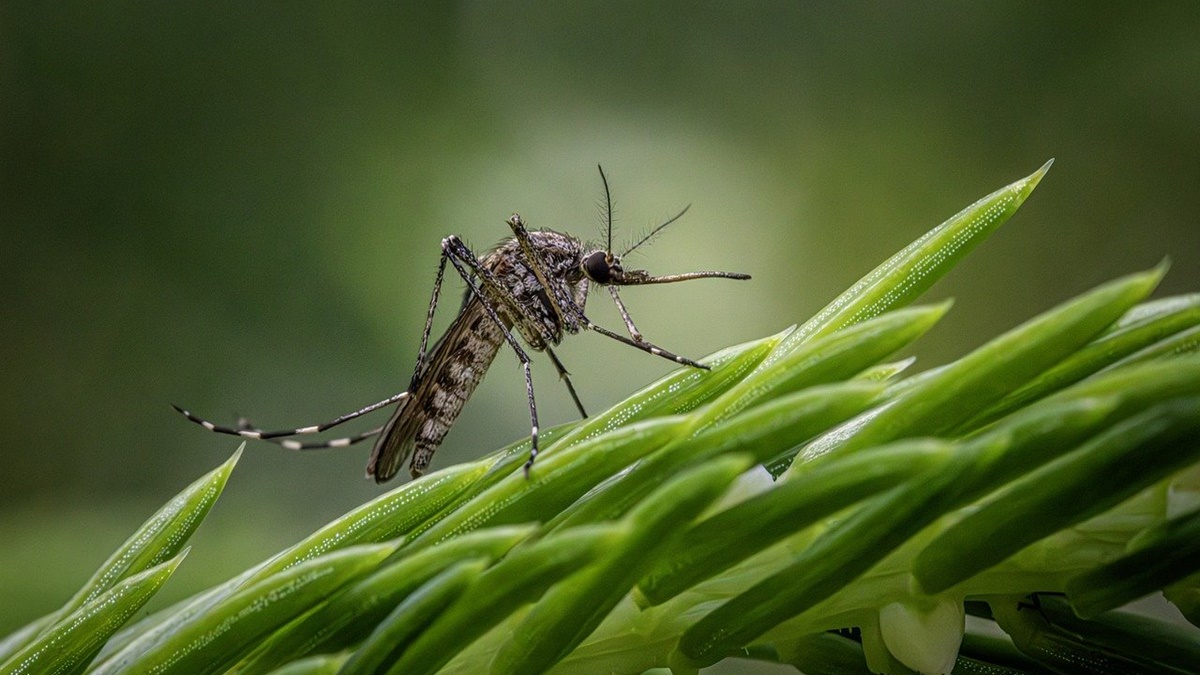The global human population is on track to exceed 8 billion soon, but in comparison, ants have already achieved a remarkable milestone. Researchers have conducted the most comprehensive assessment to date of the worldwide ant population, revealing an astonishing figure of 20 quadrillion ants – that’s approximately 2.5 million ants for every human.
Ants, known for their ubiquitous presence and social structures, have thrived since the age of dinosaurs, with the oldest-known ant fossil dating back about 100 million years. The study, published in the Proceedings of the National Academy of Sciences, highlights the pivotal role ants play in terrestrial ecosystems, contributing to nutrient cycling, decomposition processes, plant seed dispersal, and soil disturbance.

Entomologist Patrick Schultheiss, co-lead author of the study from the University of Würzburg and the University of Hong Kong, emphasized the diverse functions performed by the more than 12,000 known species of ants. These insects, ranging from tiny to relatively large, inhabit various environments, including soil, leaf litter, and occasionally human kitchens.
Ants, close relatives of bees and wasps, are native to nearly every corner of the Earth, except Antarctica, Greenland, Iceland, and some islands. The study revealed that ants’ biomass surpasses that of wild mammals and birds combined, constituting 20% of human biomass. Tropical regions, particularly forests and drylands, were found to host more ants than urban areas.

Insect ecologist Sabine Nooten, co-lead author of the study, expressed fascination with the enormous diversity of ants, citing the genus Strumigenys known for its unique adaptations. The researchers compiled data from 489 studies covering ant populations on every continent where ants reside. Tropical regions, with their rich biodiversity, were identified as ant hotspots.
Ants typically live in colonies, featuring distinct roles for workers, soldiers, and queens. Schultheiss highlighted the beneficial aspects of ants, emphasizing their role as ecosystem engineers. He noted that ants are essential for organic matter transportation, removal, recycling, and consumption, earning them the moniker “the little things that run the world,” coined by the late ant scientist E.O. Wilson.



